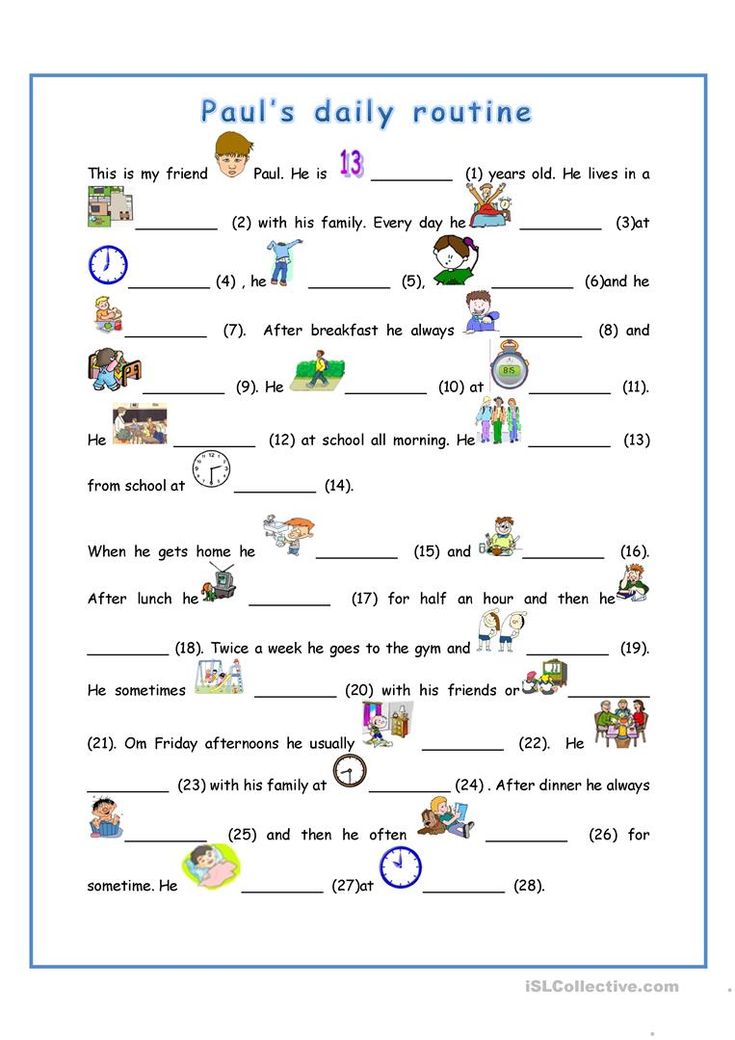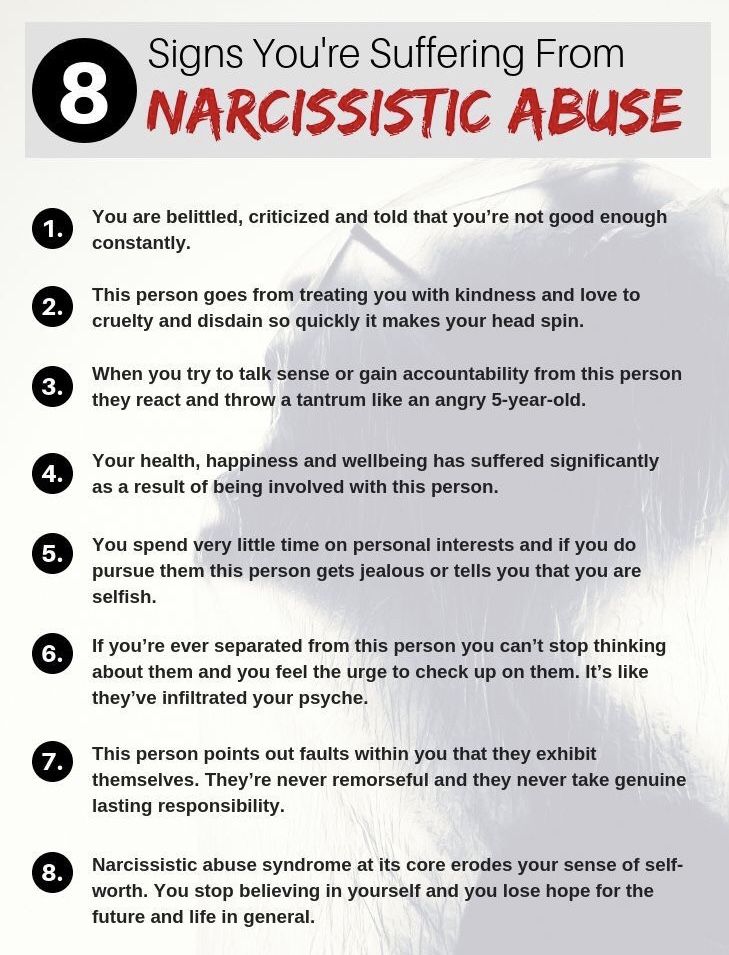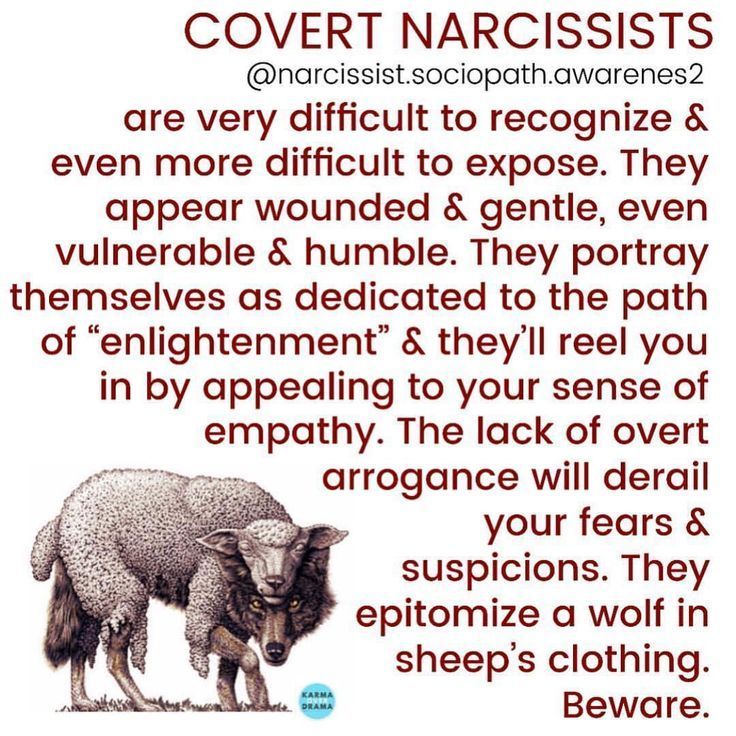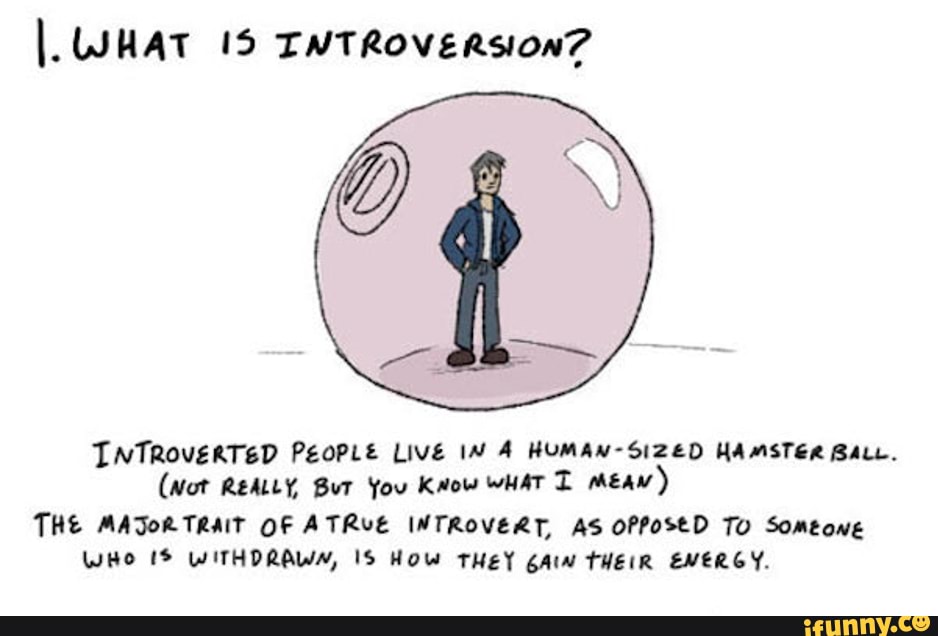Why do i keep messing up at work
What To Do To Break the Pattern
Why do I keep making mistakes at work? Is it normal to make mistakes at work? These are the types of questions that hundreds of people ask Google every month.
To be clear, the answer is yes - it is normal to make mistakes at work. At the end of the day, you’re only human, and mistakes happen, no matter how well-intentioned you may be.
It becomes problematic when you keep messing up at work without investigating why it’s happening or doing something about it. It’s even worse if you make a mistake at work and then attempt to hide it from your leader, downplay it, or place the blame on someone else.
If you’ve fallen into a pattern of making mistakes and are keen to break them, continue reading to learn what actions you can take to recover.
What To Do When You Keep Making Mistakes at Work
- Investigate your mistake
- Create an action plan
- Seek out constructive feedback
- Ask for help as needed
1. Investigate your mistake
No one wants to relive their mistakes but doing so is important, especially if you want to uncover how to stop making the same mistakes. As this report notes, human errors and mistakes are most commonly influenced by environmental factors (physical, organizational, personal), intrinsic errors (selection of individuals, training, experience), and stress factors (personal and circumstantial). So, as you investigate mistakes, ask yourself the following questions. It will not only encourage you to look at the mistake from every angle but also allow you to identify commonalities that you can fix.
- Where were you working at the time? Did your workspace allow you to focus?
- Was there a defined process? Did you follow it? If not, why didn’t you?
- Did you have or seek out the training you needed? Were there any tools or resources you should have had access to or asked for access to?
- Were your instructions clear? If not, did you ask and receive answers to any questions you had?
- Did you seek input, guidance, or feedback from your leader or peers as needed or defined? If you were uncomfortable or unsure, did you try to “go it alone” or did you ask for help?
- Did something happen in your personal life that was causing you stress or leading you to be distracted at the time of the mistake? How about at work?
2. Create an action plan
The truth is you are never going to eliminate mistakes entirely. According to a report from Lifetime Reliability, the typical failure rates in businesses using common work practices range from 10 to 30 human errors per 100 opportunities.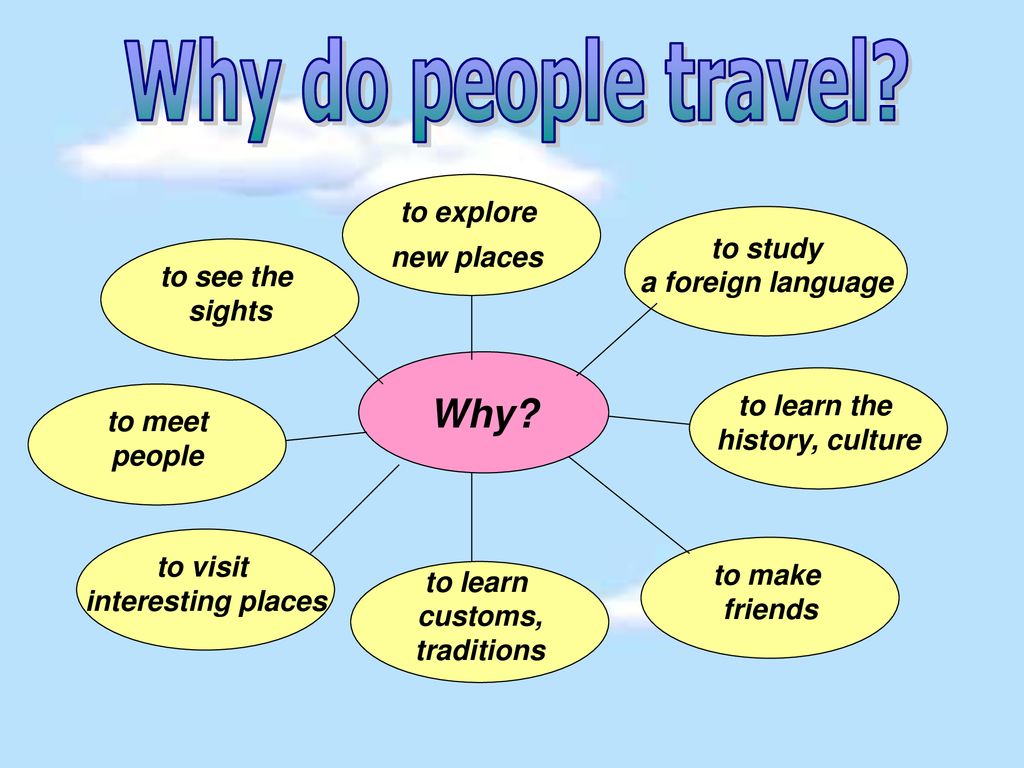 The best performance possible in well-managed workplaces using normal quality management methods is failure rates of 5 to 10 human errors in every 100 opportunities.
The best performance possible in well-managed workplaces using normal quality management methods is failure rates of 5 to 10 human errors in every 100 opportunities.
Despite the fact that mistakes will happen, if you keep making the same mistake, you need an action plan to eliminate it. Your action plan should include the following:
- Identifying the mistake(s)
- What you will do differently to avoid the mistake(s) - this could include a new process, coaching, or additional oversight
- Meeting with your boss to own up to the mistake and present your plan to overcome mistakes at work in the future
Once you feel you have a decent understanding of why the mistakes occurred and have drafted a plan of action to avoid repeating them, it’s time to seek constructive feedback from your leaders and peers. Present why you've made mistakes at work and how you plan to overcome them.
Do they agree with your assessment of why the mistake happened? Do they have another perspective? Do they have any recommendations or ideas you didn’t think of on how to overcome the mistake? This is a very important step in breaking a pattern of repeated mistakes as it shows those around you that you are taking accountability for the past and are committed to doing better in the future.
4. Ask for Help As Needed
While some mistakes are entirely your own to fix, others require action, support, or resources from those around you, like your boss or peers. For example, you may need your boss's time and energy to give you the approval to change a process, while in a different scenario, you may simply need a colleague to help hold you accountable. This is not about making other people responsible for fixing your mistake but rather about ensuring your action plan has the intended impact.
What To Do When You Make A Mistake: A Real-Life Example
You are in charge of your company’s social media channels and repeatedly publish posts with spelling errors, broken links, and content that is disputed or corrected in the comment section. Customers and company leaders are beginning to take notice, and you fear it could cost you your job.
Step 1 - Investigate the Mistake: The company is relatively new to social media, which means there are very few, if any, processes written. While you were uncomfortable creating a post without your leader's approval, you did it, as no one said any differently.
While you were uncomfortable creating a post without your leader's approval, you did it, as no one said any differently.
Create an Action Plan to Prevent the Mistake From Happening Again: To break the frequency and severity of your mistakes, your action plan consists of:
- Downloading a digital writing tool that detects spelling, punctuation, and other common errors, such as Grammarly or Ginger, and use it on every social post
- A new process of sending the social post to your leader at least 48 hours before publication to approve the content and double-check its functionality.
- Removing distractions such as turning off notifications for emails, instant messages, texts, and Zoom calls, so you do not get sidetracked or attempt to multitask while posting on social media.
- Using a process management tool, such as ClickUp, to create a checklist that documents these actions. Not only will this ensure you and your leader have proof of due diligence if a problem occurs, but it will allow the process to be passed on as the team grows or changes.

Conclusion
No one wants to say, "I made a mistake." However, it isn't the mistake itself that will be remembered in the long run, it will be your willingness to fix them and break the pattern. That’s because doing so shows a great deal of accountability and effort. Of course, if you are willing to investigate your mistakes, formulate an action plan, get feedback, and seek support, you are well on your way to breaking the pattern and getting your performance back on track.
If You Had a Bad Day
Jump to section
Is it normal to make mistakes at work?
What to do when you make a mistake
I keep messing up at work. Should I quit?
When was the last time you messed up at work? You know, like writing an embarrassing typo in an email, sending your boss to the wrong address for a meeting, or arriving to work late because your phone died and the alarm didn’t go off.
These kinds of errors make your heart drop. Few things are as anxiety-inducing as realizing you got something wrong — especially if you find out at the last minute.
It’s normal to fear mistakes. No one wants to risk upsetting their boss or letting their colleagues down. You may even fear losing your job. And if you have very high standards for yourself, you’ll likely be your own worse critic.
But these mishaps don’t have to be the end of the world. Every mistake is a learning opportunity, and it’s up to you to take advantage. Here's what to do when you mess up at work.
Is it normal to make mistakes at work?
If you have mistake-at-work anxiety, this fact might not be comforting to you: mistakes are unavoidable and 100% normal. You can’t be perfect of the time, and that’s okay! To err is to be human, and to be human is better than being a robot.
But letting go can be difficult, especially if you have a fear of imperfection or suffer from imposter syndrome.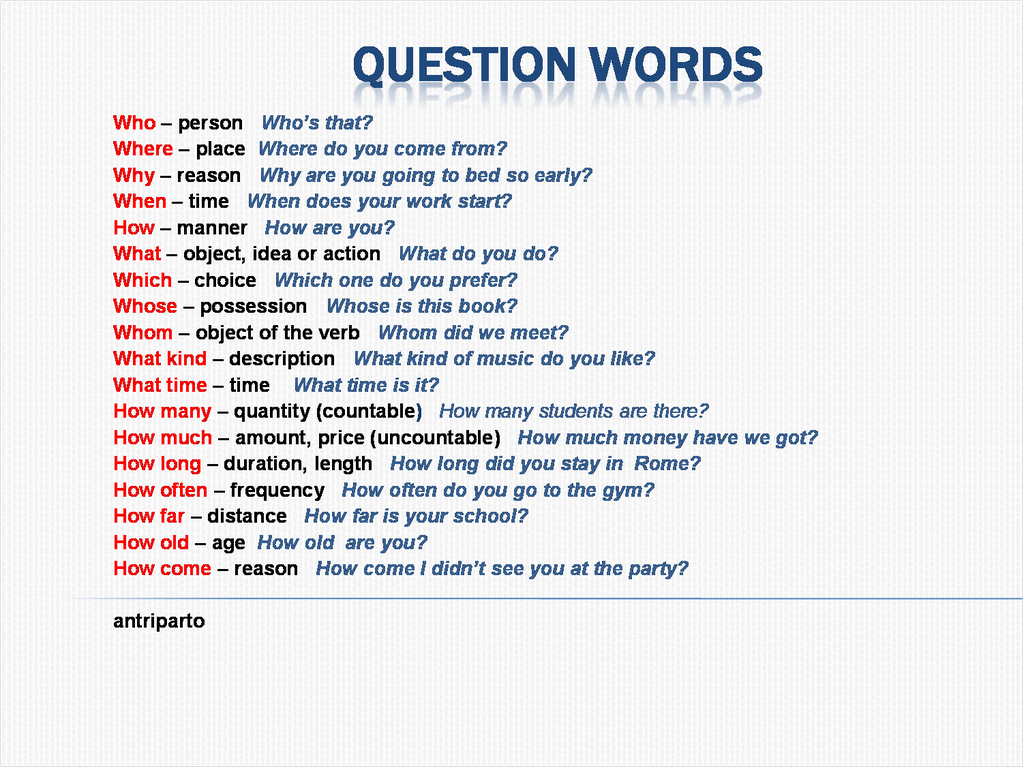 In fact, up to 82% of working Americans think they’re inferior workers, which can contribute to increased anxiety, depression, and risk of burnout.
In fact, up to 82% of working Americans think they’re inferior workers, which can contribute to increased anxiety, depression, and risk of burnout.
You read that right. It’s likely that almost all of your colleagues feel just as bad about messing up as you do. When you inevitably make a mistake, try not to beat yourself up over it.
Most mistakes aren’t a big deal and offer learning experiences that help you become a great employee. There are many positive outcomes to consider:
- When you make a mistake, you’re expanding your skills. It’s easy to avoid mistakes when you’re not challenging yourself, which means you won’t learn something new. Failure is the greatest teacher, so try looking at mistakes as a chance to gain wisdom and experience.
- You need to be resilient to overcome your mistakes — and that’s a good thing. Adaptability, problem-solving, and resilience are some of the top skills valued by employers, according to Forbes.
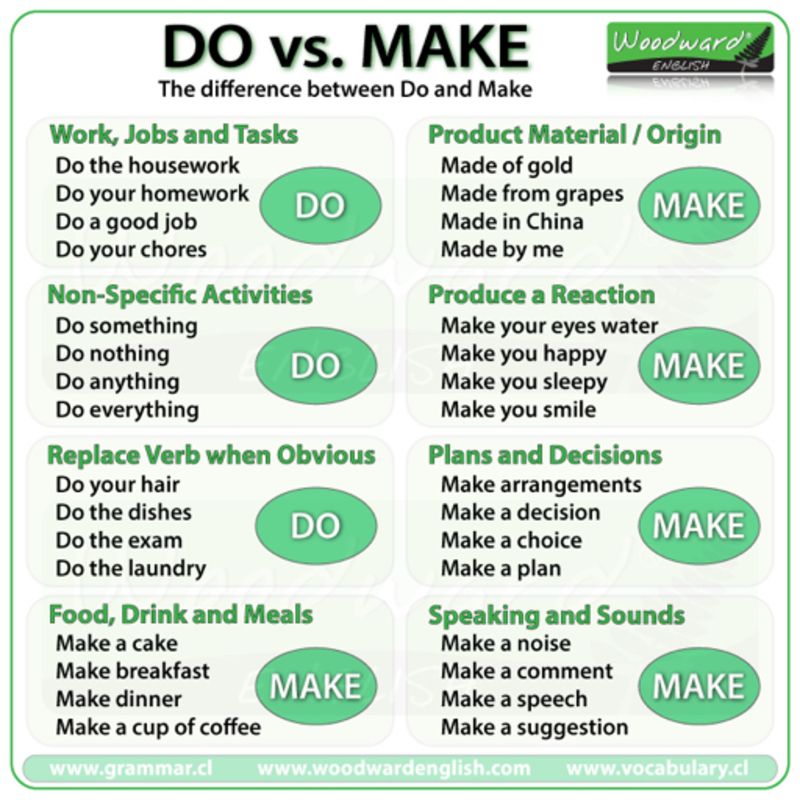 Each blunder is a chance to practice overcoming adversity.
Each blunder is a chance to practice overcoming adversity.
- Owning up to your mistakes can bring you closer to management. If you’re honest about your shortcomings, you can discuss them with your boss and set goals together. As you progress, you can celebrate your wins, and they’ll know you care.
- Acknowledging your mistakes will help you accept your shortcomings. Learning and accepting your weaknesses is a key part of self-discovery. If you can do this without self-judgment, you’ll develop a healthier self-image.
Not all mistakes are equal
Be mindful of the types of errors you make that need improving. You can stress less about minor mistakes that come from challenging yourself and expanding your skills. But this doesn’t give you a free pass on negligence, such as:
- Always arriving late. Sometimes extraneous circumstances cause you to be late — that’s fine.
 But depending on your workplace culture, it could hurt your reputation if it becomes a habit.
But depending on your workplace culture, it could hurt your reputation if it becomes a habit. - Showing up to a meeting unprepared. If you received the meeting agenda in advance, it’s important to know where you fit in. Your boss may have specific questions for you, so it’s worth preparing.
- Ignoring feedback. Repeatedly making the same mistake shows you’re not learning. Some issues take time to resolve, but you must show you’re putting in the effort.
If you’re having trouble avoiding easy mistakes, BetterUp can help. You may need to work on your Mental Fitness, improve your time-management skills, or learn how to implement feedback. With one of our coaches, you can tackle these challenges head-on and maximize your potential.
What to do when you make a mistake
Because mistakes are unavoidable, you should focus on recovering gracefully. Here are some best practices.
1.
 Admit it early
Admit it earlyIt’s important to fess up early to keep your small error from turning into a big mistake. Sit down with your superiors and any other important team members to offer a graceful apology. You might choose to do this in person, with a phone call, or via email, depending on the severity of the incident.
There’s no need to go over the top here. Be professional, direct, and clear. Acknowledge your mistake without being overly critical of yourself.
2. Take a moment to recuperate
No one’s more upset about this mistake than you. After all, you know what you’re capable of. It’s normal to feel frustrated or discouraged.
Take some time to lick your wounds and practice self-care. You can try:
- Expressing your emotions to loved ones outside of work
- Tracking your thoughts in a journal
- Mindful, deep breaths
- Exercising
And, most of all, remember that you’ve survived all the mistakes you’ve made so far. You can do it again.
You can do it again.
3. Accept the consequences with your chin up
Depending on the severity of your mistake, your organization may need to take disciplinary action. Accept them gracefully and remain respectful. Try to keep a positive attitude as you make amends and avoid extreme emotional responses.
4. Address any burned bridges
Don’t forget you’re part of a team. Your mistake might have negatively affected others. Perhaps their tasks depended on you completing yours and they may have to work extra hours to make up for your error.
It’s important to preserve these relationships to maintain a positive work environment. Offer them a sincere apology. And depending on the nature of your relationship, try taking them out to lunch or coffee to smooth things over.
5. Apologize
Don’t wait too long before apologizing to the appropriate person. This is the most important thing you can do after a major mistake.
Here are the hallmarks of a good apology, with some examples:
- Be honest about what happened.
 “Even though you couldn’t make it, I decided to attend the client meeting on my own. I said something wrong, and the client backed out of the deal.”
“Even though you couldn’t make it, I decided to attend the client meeting on my own. I said something wrong, and the client backed out of the deal.”
- Express remorse. “I’m sorry I took this meeting even though you told me to cancel. I didn’t mean to put you in this position.”
- Offer an explanation, but not an excuse. “Because it took so long to secure this meeting, I thought it would be best not to cancel. I was also excited to win my first client. I realize now that I was wrong.”
- Explain how you’ll change in the future. “In the future, I’ll trust your judgment and cancel the meeting when asked. I’ll also consult you before I interact with any future clients.”
- Request forgiveness. “I hope you’ll forgive me for this mistake. I’ll do whatever I can to make up for it.
 ”
”
6. Learn from your mistakes
Your next step should be self-reflection. You need to get to the bottom of your mistakes and identify why they happened in the first place. This will help you prevent them in the future.
Here are some questions to ask yourself:
- What was your environment like at the time of the mistake? Perhaps you had a difficult co-worker distracting you at your desk while you were writing your report. It’s reasonable to think this might have pulled your focus. In such a situation, you may need to set clearer boundaries so you can work more effectively.
- Was there a pre-defined process in place, and did you follow it? You might have done this task a million times before. But, for whatever reason, maybe you skipped a step this time. Why? You might need to follow your checklist more closely.
- Did you have the necessary tools to complete the job? In some cases, it’s on you to ask for extra support.
 You might have needed more training before editing a video for your media company, which can be hard to admit. But if your superiors are unwilling to help you, it’s a sign that you might be in a toxic workplace.
You might have needed more training before editing a video for your media company, which can be hard to admit. But if your superiors are unwilling to help you, it’s a sign that you might be in a toxic workplace. - Was there something in your personal life that affected you emotionally? If so, cut yourself some slack. A death in the family will distract you from your work. You can trust that this error won’t happen again under different circumstances.
These questions will help you identify what went wrong. Then you can make a game plan to prevent it from happening again.
I keep messing up at work. Should I quit?
There are plenty of reasons to quit and start your next job search, but mistakes shouldn’t be, especially if you love your work. A toxic work environment or work that doesn’t let you fulfill your purpose are reasons to leave, but low confidence from making some mistakes.
If you’re reading this, you probably want to be better. And we have faith that you can be. Apathy is the enemy of improvement, so you’re already making the right moves toward reducing your mistakes.
And we have faith that you can be. Apathy is the enemy of improvement, so you’re already making the right moves toward reducing your mistakes.
Your challenge now is zeroing in on what you’re doing wrong. Hopefully, now that you know what to do when you mess up at work, you’ll grow into a star worker.
BetterUp is here to help you maximize your potential. With our coaches, you can learn to identify your shortcomings, overcome them, and take the next step in your career path.
An employee "fails" or The story of one crisis
In our small team, the last month has been a crisis - a key employee fails. Endless “crap” began to happen around him, let’s translate this into business language: we are having failures in business processes😒.
So, the initial data of our problem, code-named “employee messes up”:
- A good employee starts to screw up, who always showed himself cool before.
- This is a key employee, many business processes depend on him.

- Withdrawal of an employee from the system (dismissal) will most likely entail problems greater than what is happening now. There is no replacement (second similar specialist) in the team.
The key question in the current situation:
Does the employee admit his guilt for the mistakes made? That is, if you explain to him what problems his actions entailed, does he realize the scale of the tragedy and his own responsibility?
There are, in general, only two options: either recognizes or not. In the event that an employee who used to be cool makes a bunch of mistakes and does not admit his guilt, even if all the facts speak about it - hell knows what to do with it! I have not come across this yet.
Well, as options - either you made a mistake with the human factor when you hired him, or your eloquence as a manager suffers, and you cannot clearly explain what exactly is going wrong right now.
It was different for me:
The employee admits his guilt, feels like a “go*no-specialist”, but cannot do anything and continues to screw up.
The conclusion suggests itself - if a person admits that something is wrong with him, but at the same time continues to be “in a deep f * ..”, then he needs help to figure it out.
“Throwing staff” in small teams of “family” type is not the most effective solution to the situation. Especially if this is a key employee and the integrity of client business processes and the peace of mind of your work depend on him.
Consider the process of conflict maturation in my head, as a leader, in the context of time:
- Phase 1 . “It’s strange that this person is screwing up, it probably won’t happen again”😕
- Phase 2. “Fuck!! He's screwing up again!"😫
- Phase 3. “I think I need to kill her”😥
- Phase 4. “Listen, did she work well before?”🤔
- Phase 5. Insight came when I asked myself the question: Why don't I personally screw up? And why do I usually screw up when I screw up? ( yes oil oil 🙄)
The answer came in the morning during a normal household situation. I canceled a previously scheduled meeting, in order to "not rush." And suddenly I discovered that:
I canceled a previously scheduled meeting, in order to "not rush." And suddenly I discovered that:
One of the reasons why I don’t screw up is that I most often have time to “think about it”, because
I live in my rhythm .When someone tries to disrupt my usual rhythms of life and work, or the speed of switching from one issue to another, I arrange "frightening showdowns." That is, clearly delineating the boundaries, I tell my opponent about how, when and on what conditions I will live and do my work so that it will be we all feel good . As a rule, adequate people “get off” me, and I continue to live and act in my own rhythm. In the end, I get exactly what I expected. By not acting in a hurry, I make very few mistakes - this way I save time.
One of the most important factors of a person's productivity is the correspondence of business processes, deadlines and timing
to his personal rhythm . Do not confuse personal rhythm with laziness and doing nothing 🙃😜.
Do not confuse personal rhythm with laziness and doing nothing 🙃😜. Conclusion: in order not to screw up, you need to fulfill 2 conditions:
- Understand in what rhythm I want and can move, solving my work tasks one after another
- To be able to defend your boundaries in front of those around you who impose on you changes in rhythm, speed, your frequency of changing tasks and switching from one to another.
Sounds simple, but in order to do it, you need Awareness. Most of us live and act automatically, not realizing along the way: "Why am I doing this now?" . You can often hear from people: "We just do it because we are told" .
Yes, there is time trouble and urgent tasks, yes, you can group up for a short time and do the task at a fast pace, which is not typical for the team, But, the human psyche will still “pull out” the “saved time” back. Slowness and lethargy for some time after solving a problem, or an elementary cold.
I know that my Colleague is going through a period of active growth. Less than a year ago, she changed her specialty; before that, she worked in a completely different field for 10 years.
Upon closer examination, it turned out that there are several different areas in the work of an employee. Due to the fact that the company is developing, from one type of work to which she initially came, 3 have already been born. And all these types of work require additional training from her every month, in addition, we constantly have new projects.
Since she tends to blame herself for all misfortunes (hyper-responsibility is not the worst quality for an employee), she, kicking and calling herself names, tries to do all these works Immediately .
Although, in fact, it may be time to make a management decision, and divide this work between several people, or somehow modify it. And then it’s a question for whom? 🙄 To the leader, and who else do you want 😎.
P.
 S.: And for the future, be sure to have an explanatory conversation with your employee about what he can, has the right and even Should in such a case let know that he can no longer cope with his duties on the same terms, and this is fraught with you know what.
S.: And for the future, be sure to have an explanatory conversation with your employee about what he can, has the right and even Should in such a case let know that he can no longer cope with his duties on the same terms, and this is fraught with you know what. Cool results and comfortable way for your business. Today it is possible at the same time😎
Author: Ekaterina Novikova, editor-in-chief. Freelance Marketing Teams
"Why should we hire you?" — Work.ua
Tips for job seekers
- 138
- 208367
- Tips for Job Seekers Interview
In other words, you need to answer the question, "What can you do for us that other candidates can't.
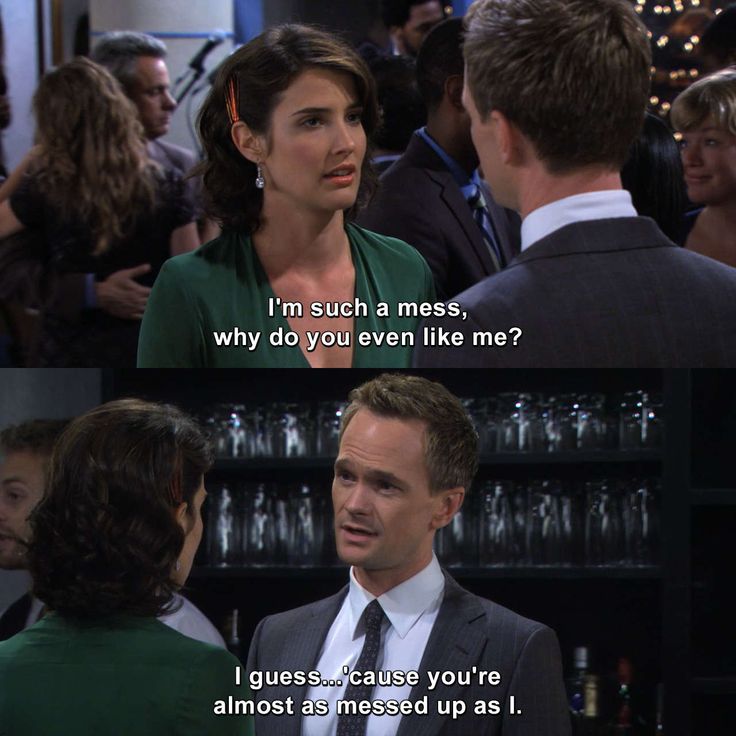 "
" Most often, the question sounds towards the end of the interview as a general question. In order for the answer to be successful, prepare for it in advance, as well as for other possible interview questions.
The correct direction of the answer is to show what makes you unique, while not discrediting your competitors. Work.ua offers its own algorithm for answering this question.
Talk only about yourself
Most likely you don't know the rest of the job applicants. So don't make the mistake of talking about the features of other candidates.
You can't slander anyone in your answer - neither virtual rivals, nor former colleagues. Show that you are ready to compete.
“I don't know which candidates you are considering. But I believe that I have a unique set of qualifications that can make me the best candidate for the job.”
Describe your strengths
Describe your strengths and present weaknesses as strengths. You can describe in detail some experience from other positions, some eloquent situation. At the same time, avoid the clichés of "friendliness", "social skills" and "diplomacy".
You can describe in detail some experience from other positions, some eloquent situation. At the same time, avoid the clichés of "friendliness", "social skills" and "diplomacy".
To prepare for this question, the job description will help, where the required competencies and skills should be indicated.
Don't forget to mention the company.
We hope you've taken the trouble to find out information about the company you're interviewing for. Even knowing superficial information about the specifics of the work, combine this knowledge with your advantages. Can you be as useful to the company as it is to you?
Show that you really want to get this job
Tell us what is important for you in your job from what the company is guaranteed to offer. This may be a competitive salary, company fame, good reputation, growth opportunities, work schedule. The necessary information can be found in the vacancy and by checking it with the help of external sources.


